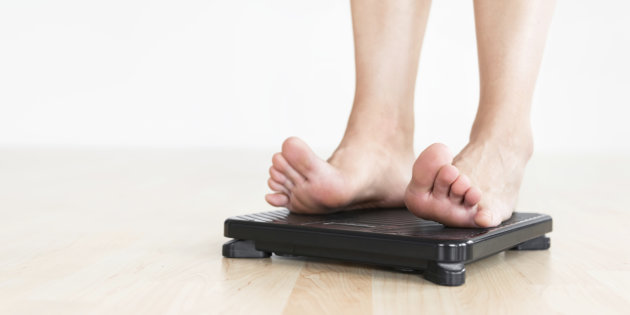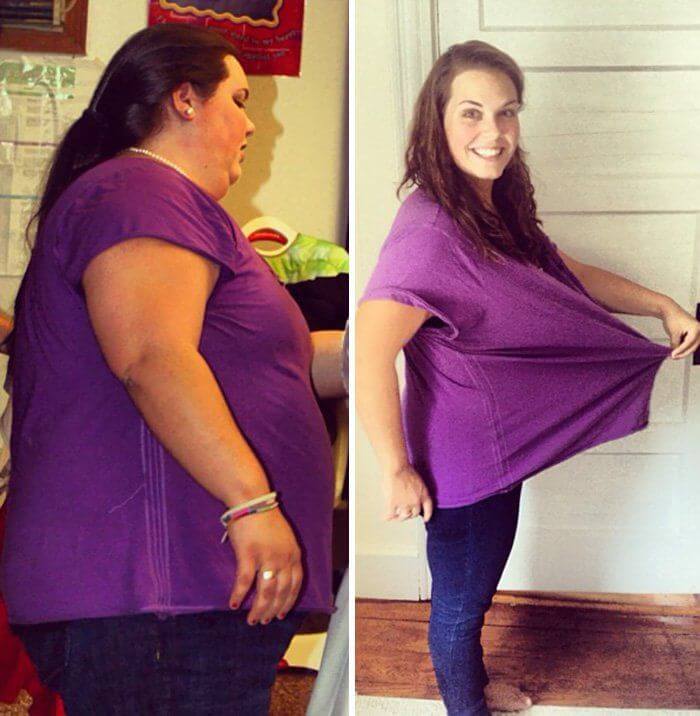
Why You Won't Hear Fitness Experts Use The Term 'Weight Loss'
Browse the aisles of your local chemist or watch a few infomercials and you're likely to see the term 'weight loss' thrown around on meal-replacement shakes and fancy exercise contraptions.
Though ask any credible fitness expert and they will tell you the phrase 'weight loss' is nothing more than a marketing term. 'Fat loss' is the more correct term when referring to losing weight.
Why? Performance and personal trainer Blake Worrall Thompson told The Huffington Post Australia the number on the scales has little to do with the overall approach to getting fit and losing weight.
"Firstly, you have the ability to drop literally anywhere from 2 to 10 percent body fat and not change your weight on the scales," Worrall Thompson said.
"Muscle-to-fat ratio is completely different. You have the ability to completely change body composition in terms of losing fat from your stomach, arms, legs, butt -- pretty much everywhere, and your weight not go down because you're building muscle."
Realistically if you're looking to assess your body on a whole in regards to change, there's a big difference between fat and weight.
Worrall Thompson said he saw clients rely heavily on what the scales said all too often, which could deter and demotivate.
Instead he suggests using alternate tools to measure progress.
"Realistically if you're looking to assess your body on a whole in regards to change, there's a big difference between fat and weight," Worrall Thompson said.
"Really, you should be looking at five elements: You're looking at your weight (although that's the least important), but also body fat [measured on body fat scales], before and after photos, how your clothes fit, and measurements.
"The issue with a lot of people is that they just look at one aspect and just assess their weight as a measure of success, though I cannot stress enough that you can literally completely change body composition without seeing a change on the scales."
While the Body Mass Index is a very broad place to start, it only takes into account your height and weight -- not muscle, fat and bone density.
"That's another reason the BMI is so skewed," Worrall Thompson said.
"It's 40 years out of date, especially with men. For example, the big boys in the NRL and AFL are super lean, have a lot of muscle and are very fit, but due to their weight on the scales they come in at a really poor BMI which pushes them into the overweight or obese category."
Worrall Thompson's Five Measurement Tools:
-- Take before, progress and after photos
-- Measure your body fat percentage as you go
-- Monitor how your clothes fit
-- Regularly measure your legs, arms, chest, hips and stomach
-- Your weight on the scales











